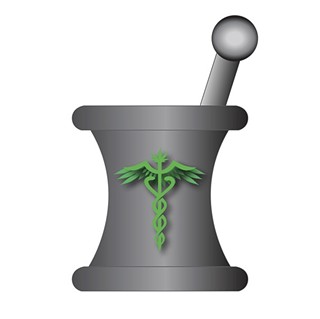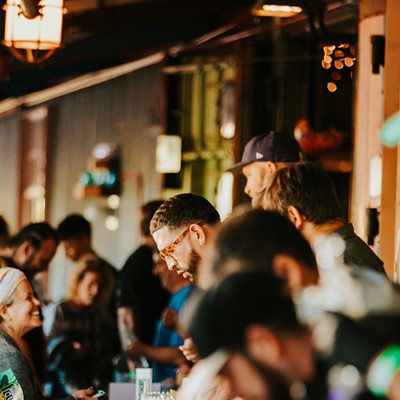On June 21, Border Patrol agents flying over the Southern Arizona desert spotted two bodies and three small bundles lying on the ground near Quijotoa, west of Tucson.
The agents called Tohono O'odham police, who went to the remote spot a couple miles off state Route 86 and found two dead men and three bundles of marijuana. The bloated, decomposing bodies were collected and presumably transferred to the Pima County Medical Examiner's Office, where they will await unlikely identification and return to their families. Three days later the Border Patrol then sent out a news release warning of the dangers of crossing the desert. The news release included pictures of the blackened, swollen corpses found near Quijotoa, pictures you are unlikely to see anywhere else and ones I doubt my esteemed editors at the Tucson Weekly will run.
But the pictures tell the story, so I hope you get to see them. They're pretty disturbing. [Editor's note: We're running the photos online.]
Back in 2008, two Border Patrol agents were about to end their shift, when they got a late-night call about a large group of apparent drug smugglers in the west desert. The agents responded, meeting a horse patrol agent who had found the smugglers. The mules dropped their loads and scattered, but four men were captured.
The agents then took the men's shoes and jackets, so they couldn't flee. This part is standard procedure for handling smugglers caught in the desert. It's dangerous for these agents, and I understand taking measures to keep criminals under control. But this time after the shoes came off, things got a little bit too frat house. The agents went into a hazing fit and made the smugglers kneel and chew small mouthfuls of the pot they were carrying. They angrily berated them. Someone threw the smuggler's shoes and jackets and personal backpacks into a fire.
Then the agents ordered the men to flee into the desert, shoeless and with no jackets on a 50 degree night. The next morning, they were picked up by Tohono O'odham police and processed like any of the other immigrants caught that week crossing the border. The men were never charged with a drug crime.
On Monday, two of the border agents at the scene that night in 2008 will be sentenced in federal court for the crimes. Dario Castillo, 25, faces 10 years for each of four felony convictions. Ramon Zuniga, 31, faces one year for each of four misdemeanor charges. Both face an uphill climb to rebuild broken lives after the civil rights convictions. It's sad.
Both of these tragedies suck. They're tragedies in the true sense, because these dead smugglers and fallen agents each met his end via his own human frailty. None of them were bad people, but each was thrust into a bad situation that led him to make bad decisions. I'm not making excuses for them; I'm recognizing their humanity.
The drug smugglers knew they were breaking the law, but they didn't deserve to die for it. Dario Castillo and Ramon Zuniga knew what they were doing the night they abused four smugglers, but I'm not so sure they deserve lives in ruin. Our drug policies are leaving a swath of grief on both sides of the border and on both sides of the law. Good people don't always make good choices, especially in bad situations.
Maybe it's time to change the situation.










